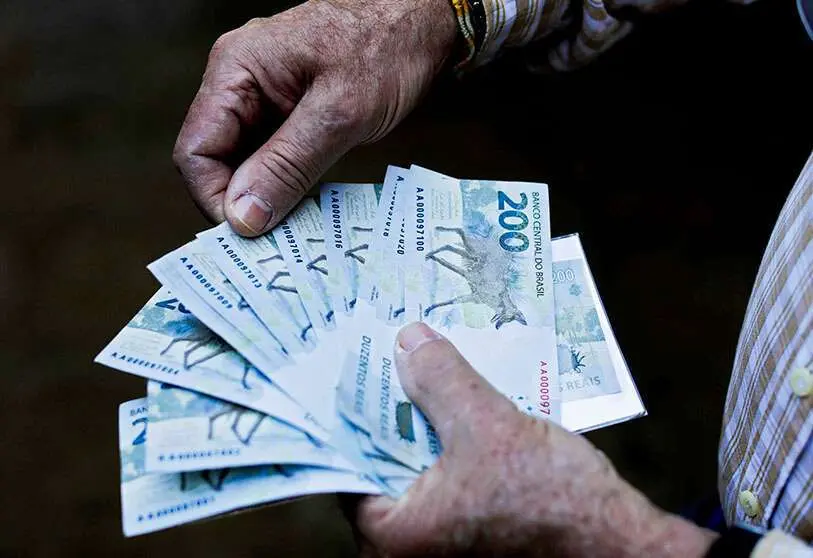Sharp rise in insolvencies in Brazil

The impact of the coronavirus pandemic has put an end to the modest economic upturn in Brazil since 2017. According to Crédito y Caución estimates, its GDP will contract by 6.2% in 2020. The vulnerability of the Brazilian economy is due to its high dependence on the service sector and on commodity exports, as well as to high public debt. The massive spread of the coronavirus in Brazil and the containment measures have a serious impact on domestic demand. Exports, affected by the sharp decline in demand from China, the United States and Argentina, will contract this year with the only positive exception of soybean exports.
In this context, the risk of default in all sectors has grown significantly and corporate insolvencies are expected to increase sharply by 17% in 2020. The production and sale of cars, consumer durables, electronics, services and textiles are being affected by containment measures and rising unemployment. In the services sector, hotels, restaurants, bars, and tourism-related businesses are suffering severely from the fall in consumption. Exports of some commodities are declining due to the global crisis. The oil and gas industry, which was already in a difficult position before the pandemic, is suffering from low prices. Deteriorating demand in the oil or construction sector affects other industries such as machinery, metallurgy and steel. In addition, firms whose value chains are heavily dependent on imports are being negatively affected by the weakening of the real exchange rate.
To support the economy, the central bank provided liquidity measures and cut interest rates several times in the first half of 2020, to a historical low of 2.25% in June. The federal authorities have already announced a fiscal package amounting to almost 10% of GDP, and further measures are not ruled out. Due to these stimuli, the public deficit is expected to exceed 15% of GDP in 2020, and public debt is expected to increase to 91%. The deficit was already Brazil's main economic weakness before the outbreak of the coronavirus, though the risk of refinancing and defaulting on sovereign debt is mitigated by the fact that most of the debt is financed internally (87%), in local currency (95%) and the government is a net external creditor.
Brazil is vulnerable to changes in investor sentiment. The increased risk aversion of global financial markets, which led to large capital outflows from emerging markets due to the coronavirus pandemic, has also led to increased pressure on the real. However, a strong financial sector, considerable official reserves and relatively low external refinancing needs allow the flexible exchange rate to act as a buffer. Provided that international risk aversion diminishes once the coronavirus pandemic subsides, the real is expected to recover its losses.








